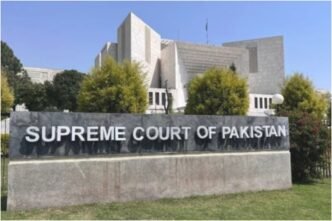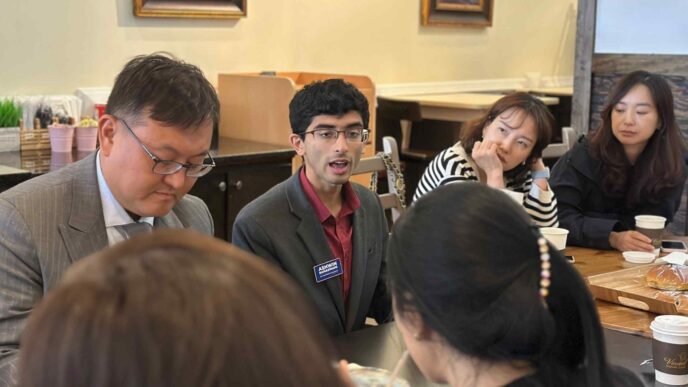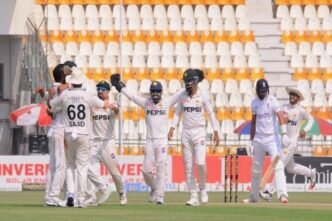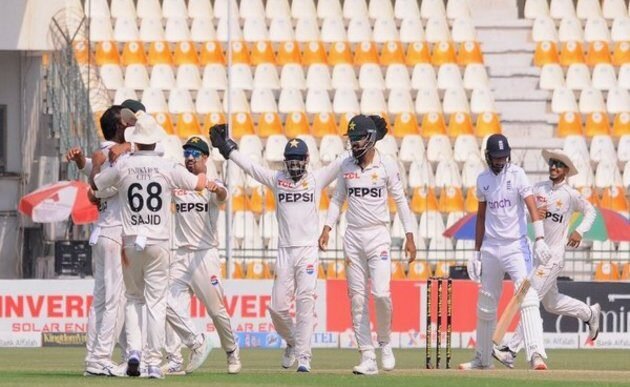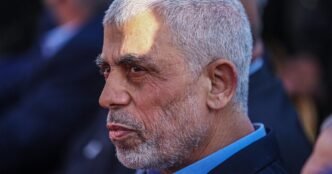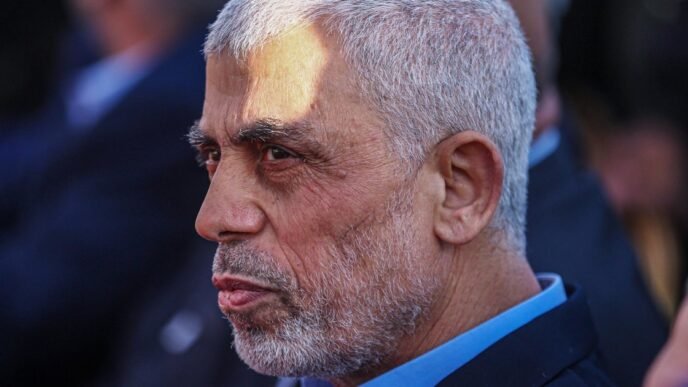Election Act cannot nullify July 12 ruling on reserved seat case: SC
In a recent clarification, the Supreme Court reaffirmed that changes to the Election Act cannot invalidate its July 12 ruling regarding the reserved seats case on Friday.
A majority of eight judges provided this clarification. Initially, on July 12, the Supreme Court determined that the Pakistan Tehreek-e-Insaf (PTI) was eligible for reserved seats, opposing the Election Commission’s decision made on March 1. This ruling was further reinforced in a detailed judgment issued l
“ECP is bound to implement Supreme Court decisions,” stated the judges in today’s clarification.
The judges emphasized that amendments to the Election Act cannot supersede judicial rulings, including the Supreme Court’s July 12 decision. This announcement followed the legal team’s recommendation during an Election Commission of Pakistan (ECP) meeting, led by Chief Election Commissioner Sikandar Sultan Raja, to reinstate lawmakers suspended after the landmark Supreme Court ruling on reserved seats.
Sources indicate that the legal team advised the ECP to implement its decision following the election act, asserting that all institutions are required to do so. They also mentioned that the amendment to the election act rendered the Supreme Court’s reserved seats verdict ineffective, leading to the reinstatement of suspended lawmakers.
Previously, the ECP sought guidance from the Supreme Court regarding the allocation of reserved seats to the Pakistan Tehreek-e-Insaf (PTI). The ECP filed a review petition challenging the clarification made by the majority of Supreme Court judges on the reserved seats verdict issued on September 14. The ECP stated that it was not responsible for any delays in the ruling, as it challenged the July 12 decision on July 25, with the clarification coming on September 14. Furthermore, the ECP noted that neither the PTI nor the electoral body had received notices concerning the relevant documents of the PTI.
In a significant ruling, a 13-member Supreme Court bench, led by Chief Justice Qazi Faez Isa, declared that the PTI was eligible for the allocation of reserved seats, which was a significant blow to Prime Minister Shehbaz Sharif’s ruling coalition. Justice Mansoor Ali Shah announced the 8-5 majority decision, overturning the Peshawar High Court’s ruling that had upheld the ECP’s decision to deny reserved seats to the Special Independent Candidates (SIC). Chief Justice Qazi Faez Isa, along with Justices Jamal Mandokhail, Naeem Afghan, Yahya Afridi, and Ameenuddin Khan, opposed the majority ruling.
The issue of reserved seats gained attention after more than 80 independent candidates supported by the PTI won in the Febru 8 elections. The SIC then approached the ECP on Febru 21 to request the allocation of reserved seats. However, the PTI faced difficulties when the ECP denied the allocation, citing the party’s failure to submit a list of candidates on time, resulting in a 4-1 majority decision on March 4. The ECP subsequently allocated reserved seats for women and minorities to other political parties.
After the Peshawar High Court upheld the ECP’s decision, the SIC appealed to the Supreme Court. In Khyber Pakhtunkhwa, the ECP allocated one reserved seat each to the Jamiat Ulema-i-Islam Pakistan, Pakistan Muslim League-Nawaz (PML-N), and Pakistan People’s Party (PPP). In the Sindh Assembly, reserved seats for women were allocated to the Muttahida Qaumi Movement-Pakistan (MQM-P) and the PPP, with PPP’s Samita Afzal and MQM-P’s Fouzia Hameed elected to those seats.
The Peshawar High Court’s ruling ultimately enabled the ruling coalition, consisting of the Pakistan Muslim League-Nawaz (PML-N), Pakistan Peoples Party (PPP), and other allies, to secure a two-thirds majority in the National Assembly. This decision boosted the PML-N’s seats to 123 and the PPP’s to 73, while the SIC retained 82 seats.
